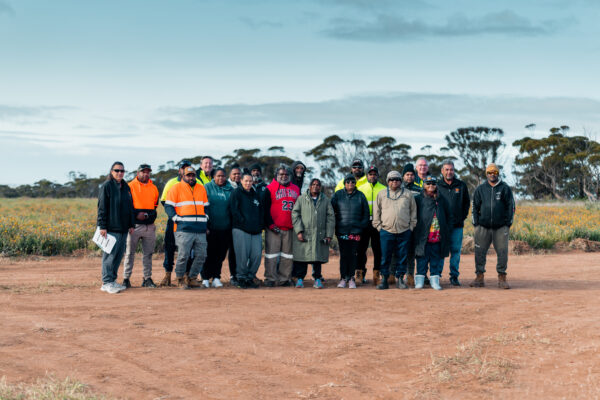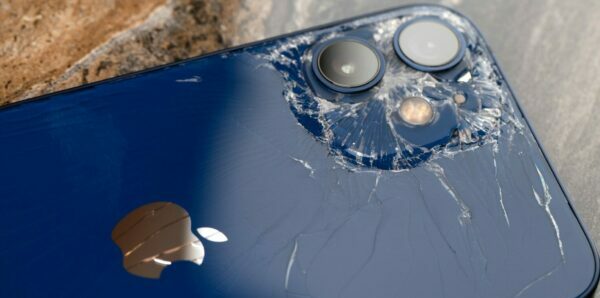Manufacturing news briefs — stories you might have missed
Queensland’s ARM Hub turns three years old Queensland’s Advanced Robotics for Manufacturing (ARM Hub) is celebrating its third anniversary this week with celebrations including cake and a string quartet. Assistant Minister from Manufacturing Senator Tim Ayres will highlight the government’s $15 billion National Reconstruction Fund, while Linda Dobe, a/Deputy Director in Manufacturing, Queensland state government,…









